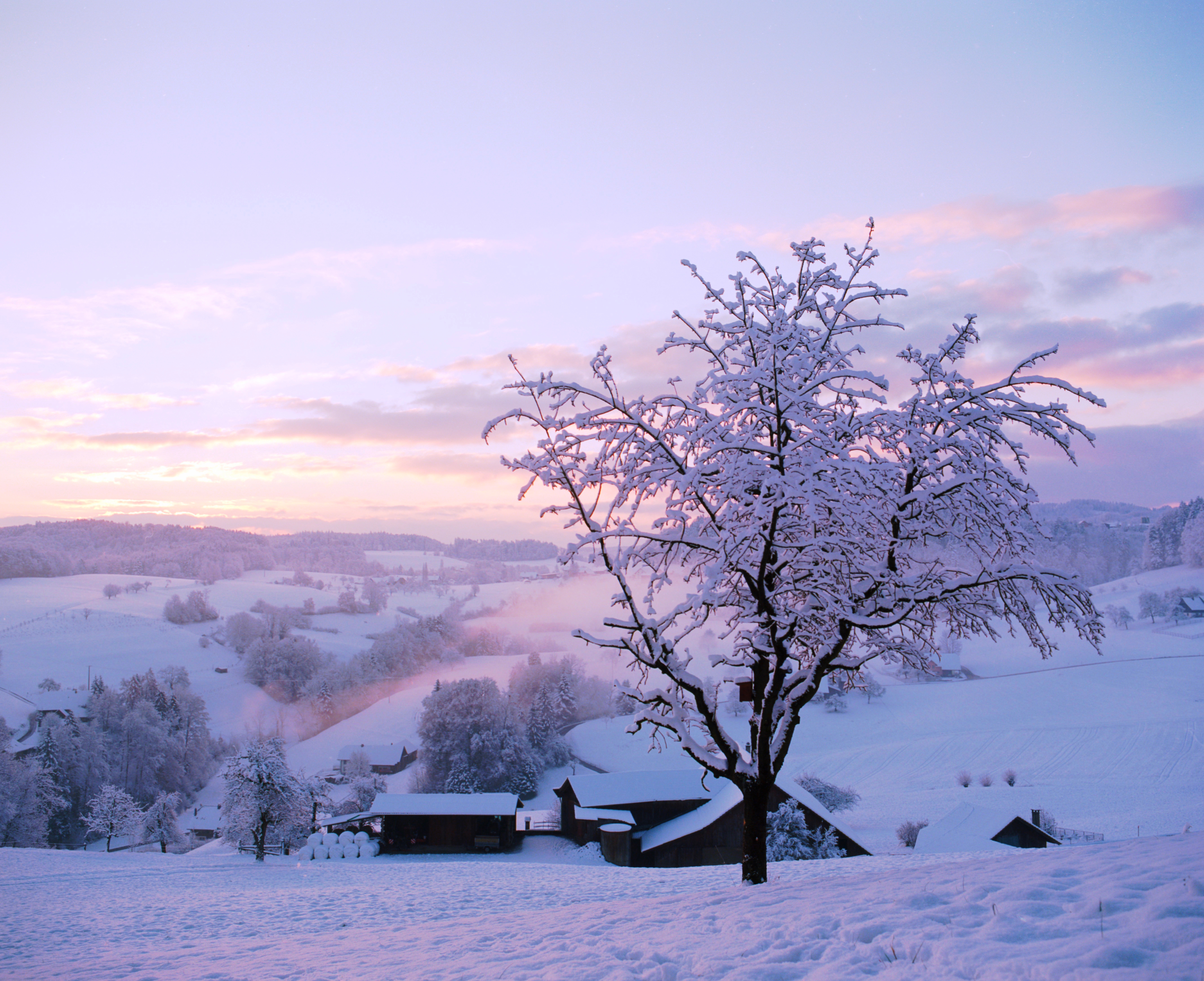Winter backpacking requires a special set of skills and preparation if you want to have an enjoyable and safe experience. It is important to plan ahead and be aware of the potential hazards that come with backpacking in cold weather. Here are a few tips for preparing for winter backpacking:
Clothing:
The key to staying warm and comfortable during winter backpacking is having the right clothing. Layering your clothing is essential for maintaining a comfortable body temperature, so make sure you have plenty of layers of lightweight, breathable, moisture-wicking materials like synthetic fabrics or wool. In addition, you should bring waterproof outer layers such as rain jackets or snow pants.
Footwear:
Your footwear is also extremely important when it comes to winter backpacking. Make sure to wear insulated boots that are waterproof and have good traction on icy surfaces. It’s also a good idea to bring extra socks in case your feet get wet or cold.
Gear:
In order to stay warm and dry during winter backpacking, make sure you have the proper gear. Invest in quality sleeping bags, tents, and pads that are designed for cold weather camping. You will also need specialized cooking equipment such as stoves designed for colder temperatures.
Safety:
Safety should always be your top priority when backpacking in cold weather conditions. Make sure you are aware of the potential hazards such as avalanche danger, hypothermia, frostbite, etc., and take steps to mitigate them (e.g., taking an avalanche safety course).
It’s also important to let someone know where you will be going and when they can expect you back.
By following these tips, you can ensure that your winter backpacking trip is safe and enjoyable. With the right preparation and knowledge of the potential hazards, there’s no reason why you can’t enjoy exploring the great outdoors even in cold weather conditions.
Conclusion:
Preparing for winter backpacking requires special consideration when it comes to clothing, footwear, gear, and safety precautions. By layering appropriate clothing items, wearing insulated boots with good traction on icy surfaces, investing in quality cold-weather camping gear such as sleeping bags and tents, and being aware of potential hazards like avalanche danger or hypothermia will help ensure a safe and enjoyable winter backpacking experience.

